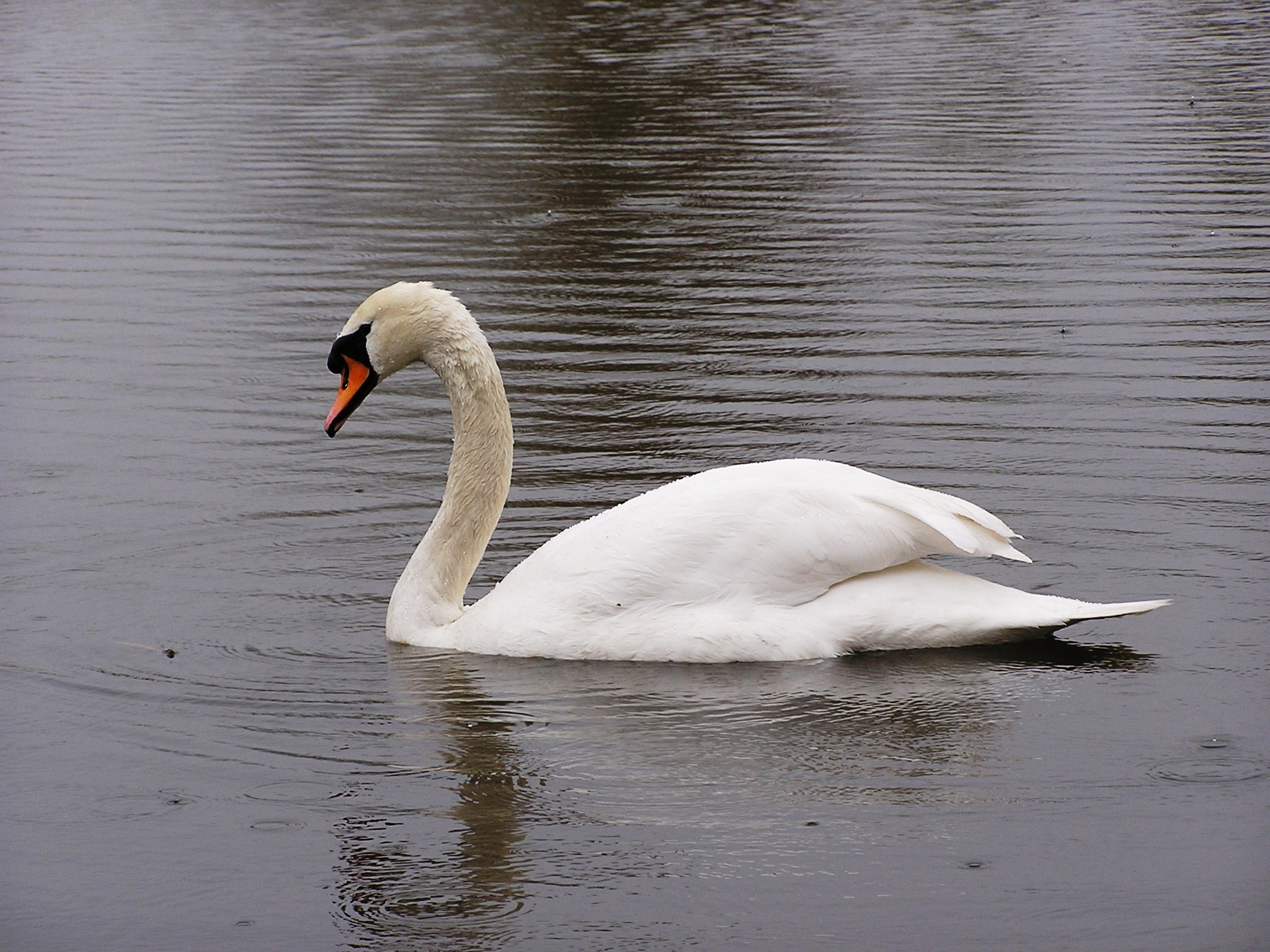
International Swan Census reports major numbers in Volga Delta
In February a major survey was undertaken in the Volga Delta, Russia, aiming to assess the numbers of different swan species in the region. This survey was organised under the quintennial International Swan Census and contributes significantly towards our understanding of the swan populations around the Caspian Sea. The team flew over 1,500 km in the Volga Delta and surrounding lakes, surveying a total area of 725.5km2. Photos of swans in groups were taken to allow more accurate counting, identification and age determination.
In total the counters reported 225,532 swans (19,318 juveniles) and about 42% were possible to identify to the species level. Of these, by far the most common were Whooper swans (78.8%) with substantial numbers of Mute swan (20.9%) and far fewer Bewick’s swans (0.3%). Thanks to simultaneous counting efforts in other countries and Russian regions, it is clear that by far the largest concentrations of swans around the Caspian Sea are wintering in the Volga Delta. This may be exacerbated by increasingly warmer winters in the region. During the winter of 2019/2020, the shallow waters of the Volga Delta only froze for a short period in November and again briefly towards the end of February. Surveys like this one are increasingly important to understand how waterbirds are responding to the rapidly changing climate dynamics around the Caspian Sea and provide important information for conservation efforts.
We are very grateful to the survey team, Sonia Rozenfeld, Alexander Dmitriev, Michael Ivanov (Association RGG) and Maxim Perkovsky (Astrakhansky state reserve) for their efforts in collecting and reporting these results. Our thanks also to the management of the Astrakhansky state reserve and especially to K.V. Litvinov, and A.V. Nikitin for the organisation and logistics of the survey, pilots S.V. Kuznetsov, G.A. Pliguzov, technician N.V. Zapaschenko as well as A.V. Belousova, Y.V. Bykov and G.D. Dzhamirzoev for the data of the winter swan counts from elsewhere in the Caspian Sea. In addition to the efforts of the local organisers, the survey was financially supported by WWT and the EU LIFE programme.
The International Swan Census is organised and coordinated by the Wetlands International-IUCN SSC Swan Specialist Group. Data is now being collated and reviewed from all the countries that contributed to the 2020 Swan Census and results will duly be published on the Swan Specialist Group website: http://www.swansg.org/
